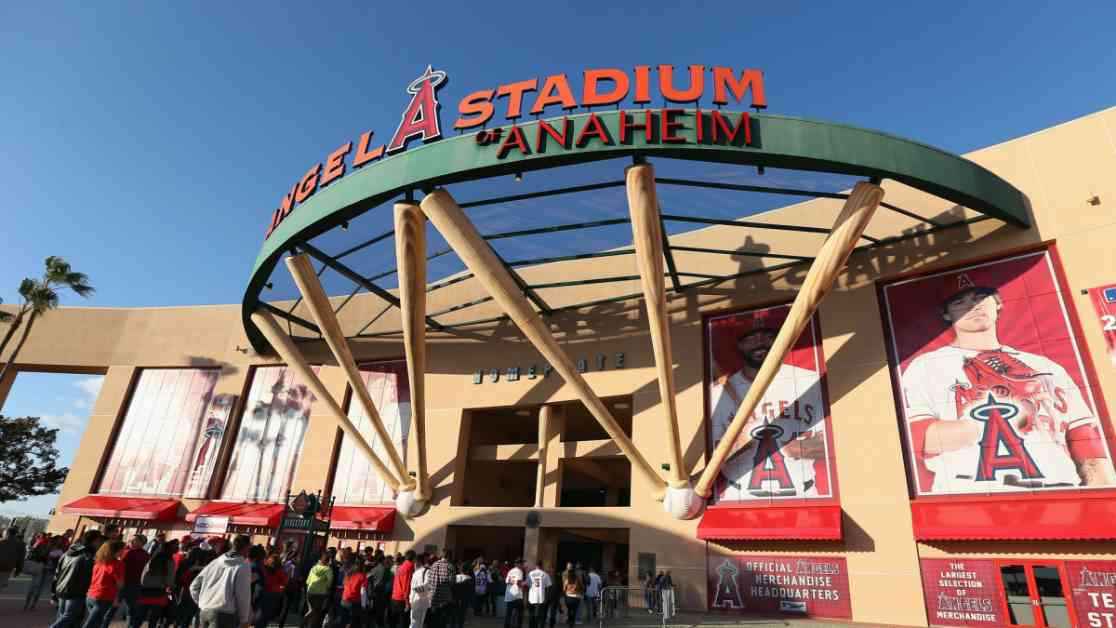The city of Anaheim embarked on a transformative project involving the sale of Angel Stadium and the surrounding property to Angels owner Arte Moreno, with plans to develop a village atop the parking lots. However, the deal was abruptly halted in 2022 amidst a federal corruption investigation into the city’s former mayor, leaving the Angels as tenants in the city-owned stadium. This turn of events prompted the City Council to delve into the maintenance status of the stadium and its future viability.
Unraveling the Delay: A Closer Look at the Stadium Evaluation
In response to mounting questions about the stadium’s upkeep and longevity, the City Council authorized a comprehensive stadium evaluation in May 2023, with an estimated completion time of two months at a cost of $325,000. However, nearly two years later, the project remains unfinished and is projected to exceed $1 million. Former councilman Jose Moreno expressed concerns about the delays, attributing them to political motives that prioritize corporate interests over the city’s assets.
City spokesman Mike Lyster acknowledged that the project had become more complex than initially anticipated, resulting in delays and increased costs. While a report was received in December 2023, it primarily consisted of a visual assessment, necessitating further detailed engineering inspections to ascertain the extent of necessary repairs or replacements. Subsequently, the city initiated a process in 2024 to engage a team of contractors for thorough inspections and studies, aiming for completion by late 2025 or early 2026 at an estimated cost ranging from $650,000 to $1 million.
Expert opinions from baseball officials suggested that a two-phase assessment project should take approximately six months, highlighting the extended timeline of the Anaheim stadium evaluation. Public records requests for the December 2023 report were denied by the city citing attorney-client privilege, further complicating transparency and accountability in the evaluation process. Despite the delays, the city remains committed to releasing a final report once additional studies are completed, emphasizing the need for responsible and accurate information dissemination.
The Future of Angel Stadium: Balancing History and Maintenance
As Angel Stadium approaches its 60th anniversary and necessitates extensive renovations to remain a viable major league ballpark, questions arise regarding the Angels’ maintenance responsibilities and compliance with lease obligations. The company tasked with the initial assessment was tasked with evaluating the Angels’ upkeep of the stadium vis-a-vis lease requirements demanding a “first-class” level akin to other major league venues.
State legislators also sought clarity on the Angels’ maintenance practices, prompting a state audit to determine compliance with lease obligations and overall stadium condition. While the Angels asserted their commitment to safety and maintenance, emphasizing annual capital investments beyond mandatory requirements, concerns persist about the stadium’s long-term sustainability and the division of responsibility between the team and the city.
With the Angels holding lease extension options through 2038, the future of Angel Stadium hinges on potential long-term agreements or the team’s departure, raising critical questions about stadium upgrades and continued maintenance protocols. Former councilman Jose Moreno underscored the importance of clarifying responsibility for stadium improvements amidst uncertainty about the Angels’ tenure and the city’s obligations moving forward.


